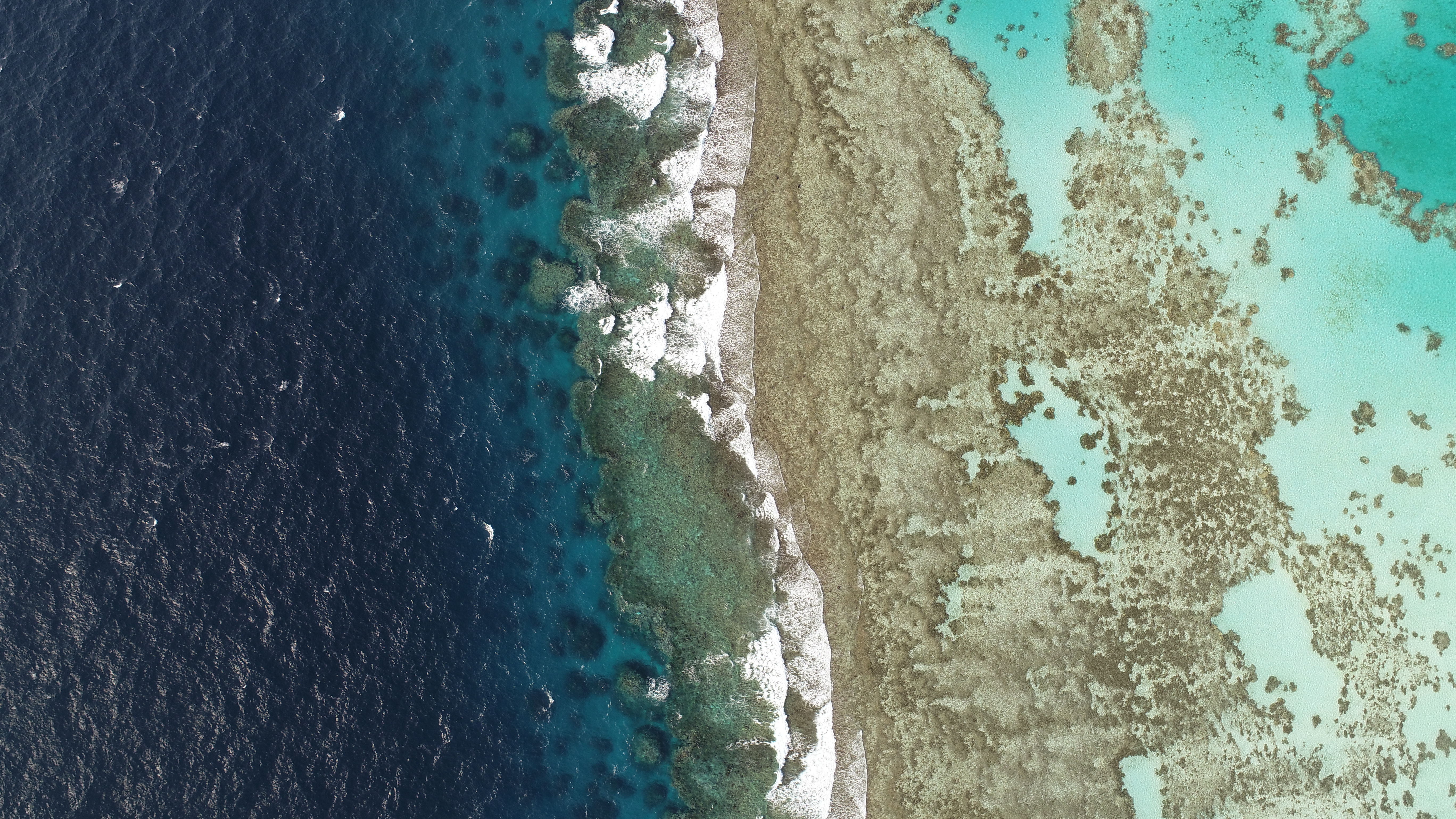

Research Scientist
andrew.temple@kaust.edu.sa
Andrew is a postdoctoral fellow in the Red Sea Research Center and a member of the first cohort of the KAUST Global Fellowship Program for postdocs. Previously, he obtained his Bachelor of Science, Masters degree and PhD from Newcastle University (UK), where he also completed a two year postdoc, before joining MRAG Ltd (London, UK) as a Senior Fisheries Consultant. Andrew is an interdisciplinary researcher working across the fields of ecology, fisheries science, and socioeconomics.
Andrew’s work has ranged from Europe to the waters of the Indo-Pacific and South America, as well as taking a global perspective. He has extensive experience working in data- and capacity-limited fisheries, and their interactions with large marine vertebrates (marine mammals, sharks, rays, turtles, and finfish). His main research interest is in improving our understanding and management of the catch and bycatch of at-risk species in fisheries. This includes harnessing and combining a wide range of mixed-method (qualitative and quantitative) approaches, ranging from traditional fisheries landings and market monitoring to satellite-derived “big data”, local ecological knowledge, bioacoustics, and life history assessment.
The goal of Andrew’s fellowship is to improve the impact of conservation science by helping to transform the discipline from a reactive science, responding to species declines, into a proactive one. To achieve this, his vision is to combine evolutionary and ecological science with powerful machine learning techniques in a novel interdisciplinary approach which proactively identifies species least resilient to human exploitation, and those vital to ecosystem health and the human communities dependent upon them. His belief is that this approach can facilitate prioritisation of the most at-risk species and, in doing so, facilitate targeted and effective conservation and management action.
Further details of Andrew’s work can be found on his Google Scholar, ResearchGate, and LinkedIn profiles.